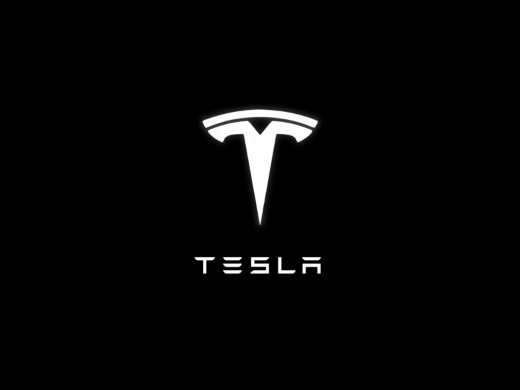When Tesla Motors’ share price (NASDAQ:TSLA) closed at 259.00 on 11 August 2014, it set a new record high. It continued to set new high nearly every trading day through 04 September before a bumpy, but consistent decline that lasted 27 March of this year when it bottomed out at 185.00 amidst gloom and doom predictions for the future of the company.

Now that Tesla has gained significant ground, having closed at 265.00 yesterday, 24 June, analysts are still not giving investors clear expectations. Here is one reason why I don’t personally put much stock (pardon the pun) in analysts’ ratings: In March, when Tesla’s share price was being pummeled, 13 analysts favored Tesla as either a Buy or a Strong Buy. Seven called it a Hold or Under Perform. Three months later, with the share price 43.7% higher, opinions are split nearly the same, with 12 calling Tesla a Buy or a Strong Buy, and eight seeing it as either a Hold or Under Perform.
Tesla is clearly an investment that requires a person to think for themselves, including understand who they are, what Tesla is, and how Tesla fits into each investor’s worldview. Here are a few pros and cons to help investors considering Tesla.
Cons
- Incomplete infrastructure to support travel over long distances.
- Supply and demand
- Delays
- Price
- David vs. Goliath
- Market penetration
- Competition
- Resistance from petroleum companies
- Less than impressive competitive hybrid models
- New technology = greater risk
Pros
- Elon Musk. Even if Musk somehow ends up a failure, which I don’t expect will happen, history will still honor him as one of the world’s greatest visionaries and innovators. He is not beholden to any part of the traditional automotive industry, which, I believe, may initially have been a stumbling block, but is now something that works in his company’s favor.
- Incomplete infrastructure does not mean inadequate. In fact, it hints at future completion. In fact, I find the existing infrastructure to support Tesla vehicles to be a phenomenon in its own right. It’s one thing to develop a revolutionary vehicle, but it is quite another to build the kind of support system that Tesla is building.
- Sure, Tesla has suffered delays in getting some of its models to their market debuts, but that is a result of wanting to “get it right” before going to market. That’s quite a different story than some we have heard about major American automakers staying on production knowing that their vehicles have design flaws.
- Tesla’s growth rate is well controlled, which inevitable means that, as long as they continue to demonstrate success, demand will outrank supply to some extent. As long as Tesla can control that balance, it is a manufacturer’s dream.
- Price. Tesla is, in part, using price to control demand as it continues to ramp up production and introduce new models.
- Customer satisfaction. A recent company survey revealed that:
- 25% of Tesla owners won’t even consider any other automotive brand.
- 85% said that they want Tesla to be their next car
- 83% would recommend Tesla to their friends
- 89% would still buy a Tesla even if the U.S. did not continue to offer a $7,500 tax credit.
When considering Tesla as an investment option, I would rely more on the leadership and progress of the company and the high customer satisfaction percentages. The success of the company is far more dependent of those factors than on analyst ratings.
Disclaimer: Lou Gutheil holds no financial interest in Tesla Motors.

 Hot Features
Hot Features













